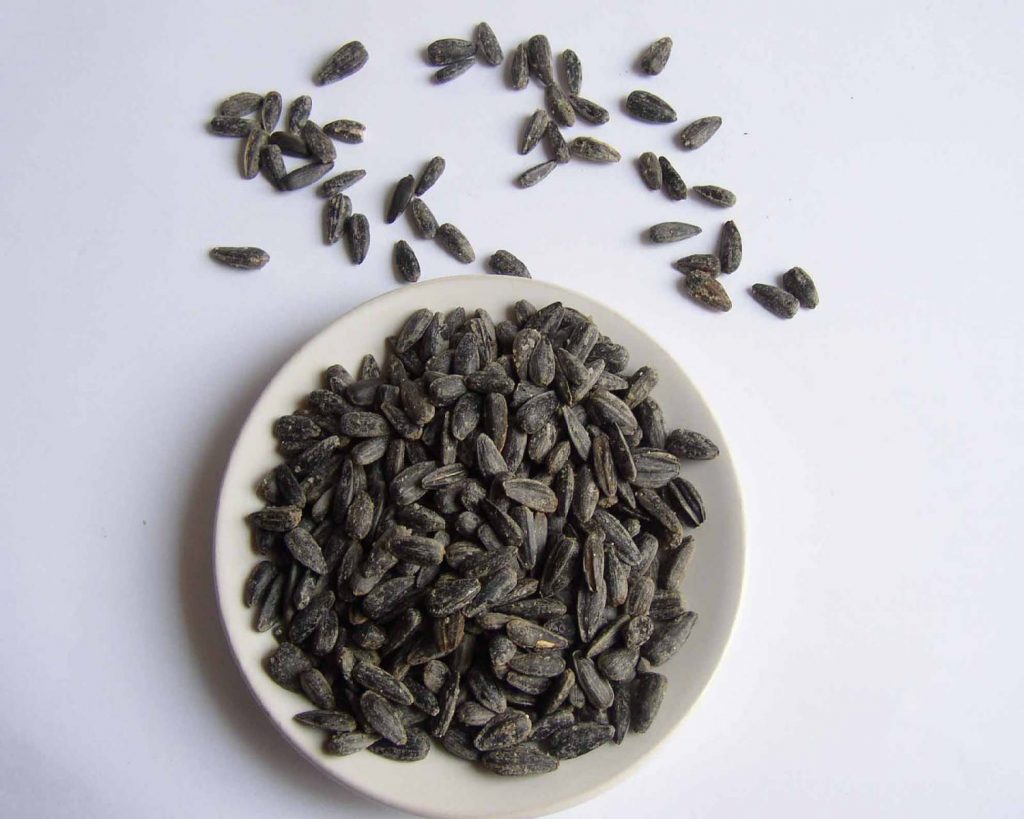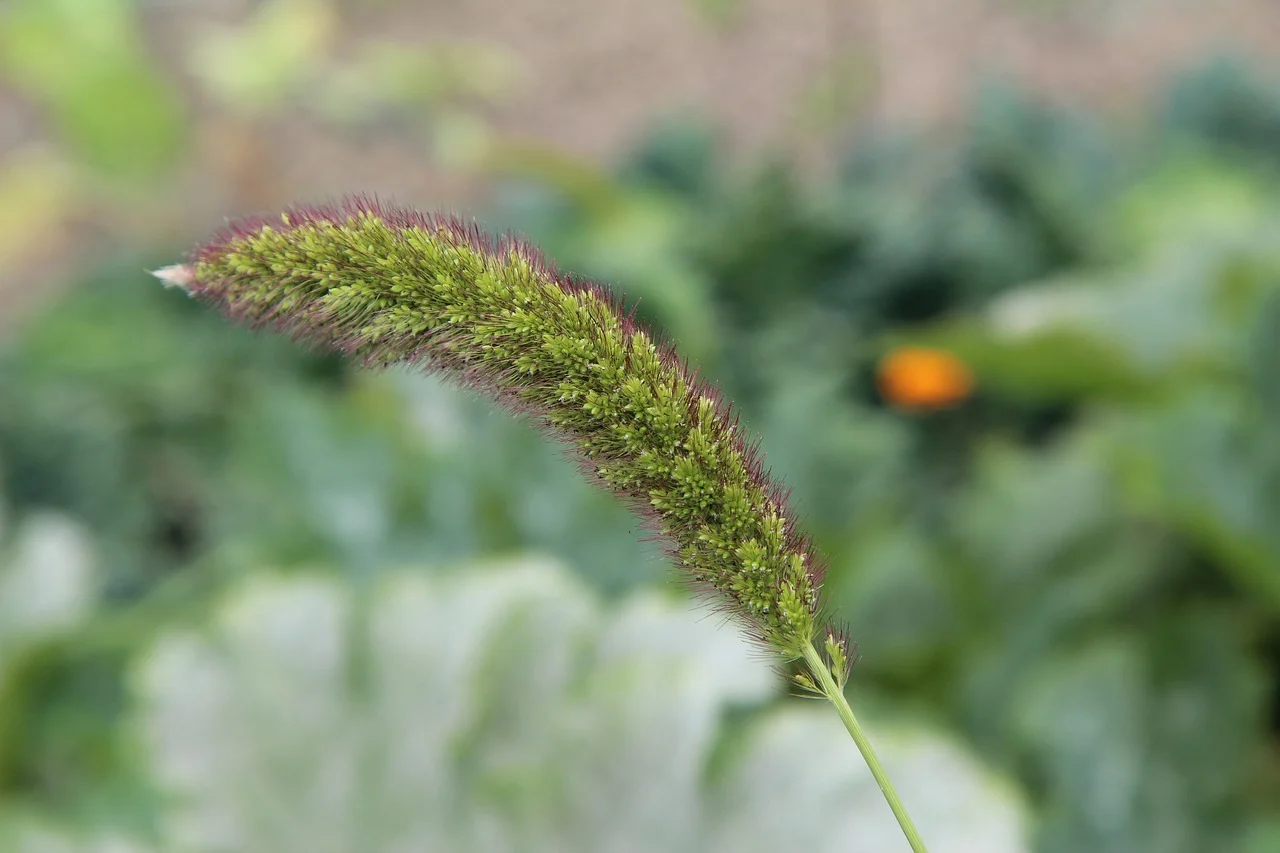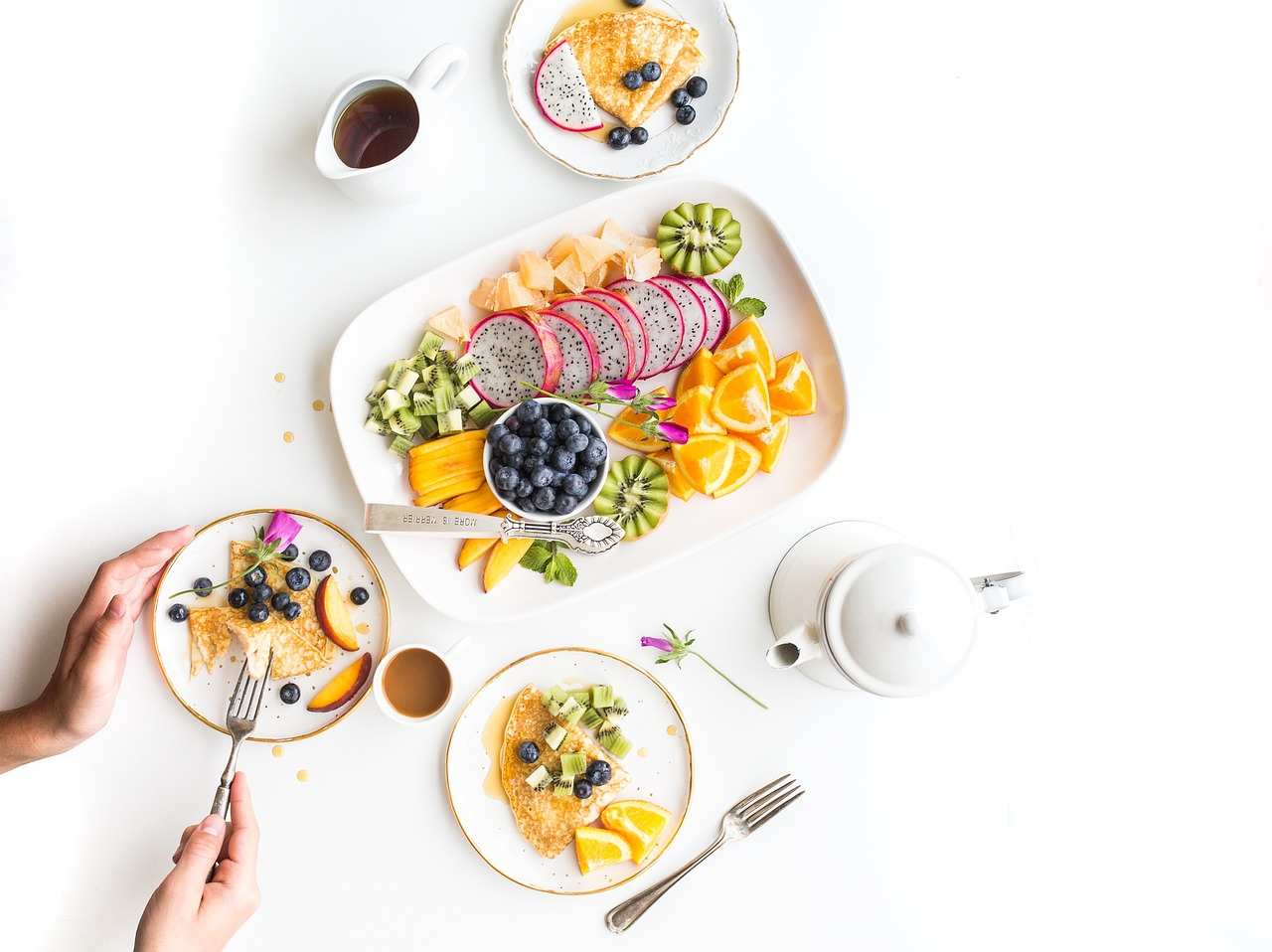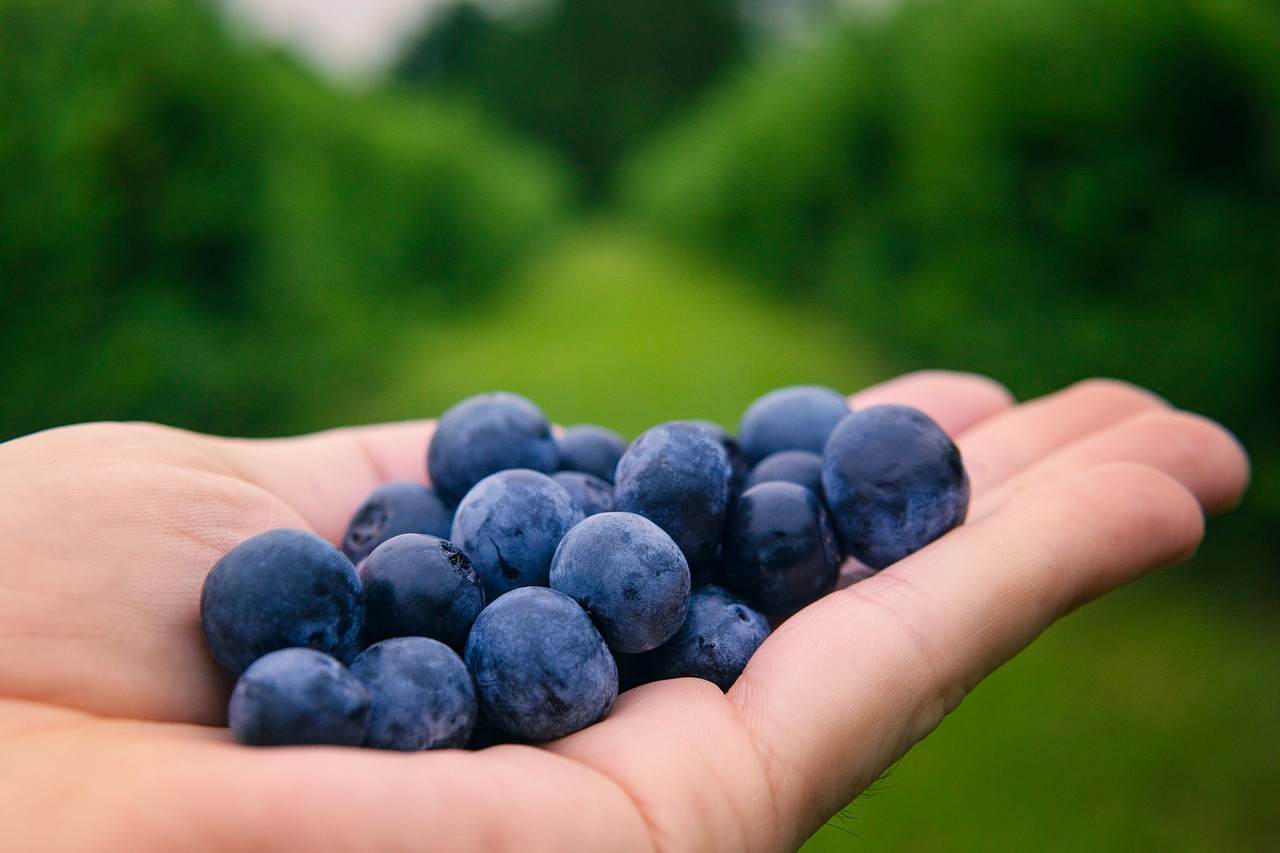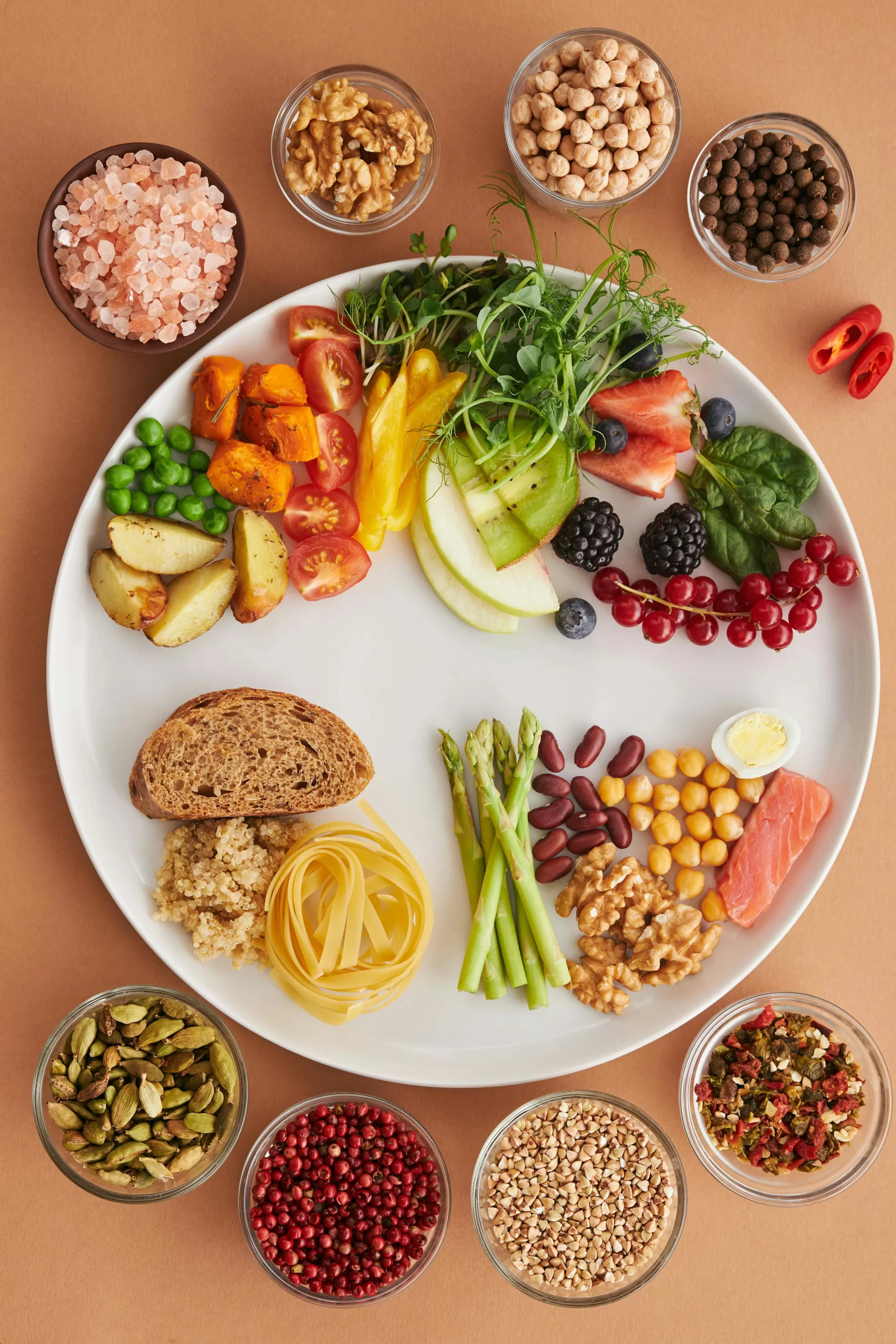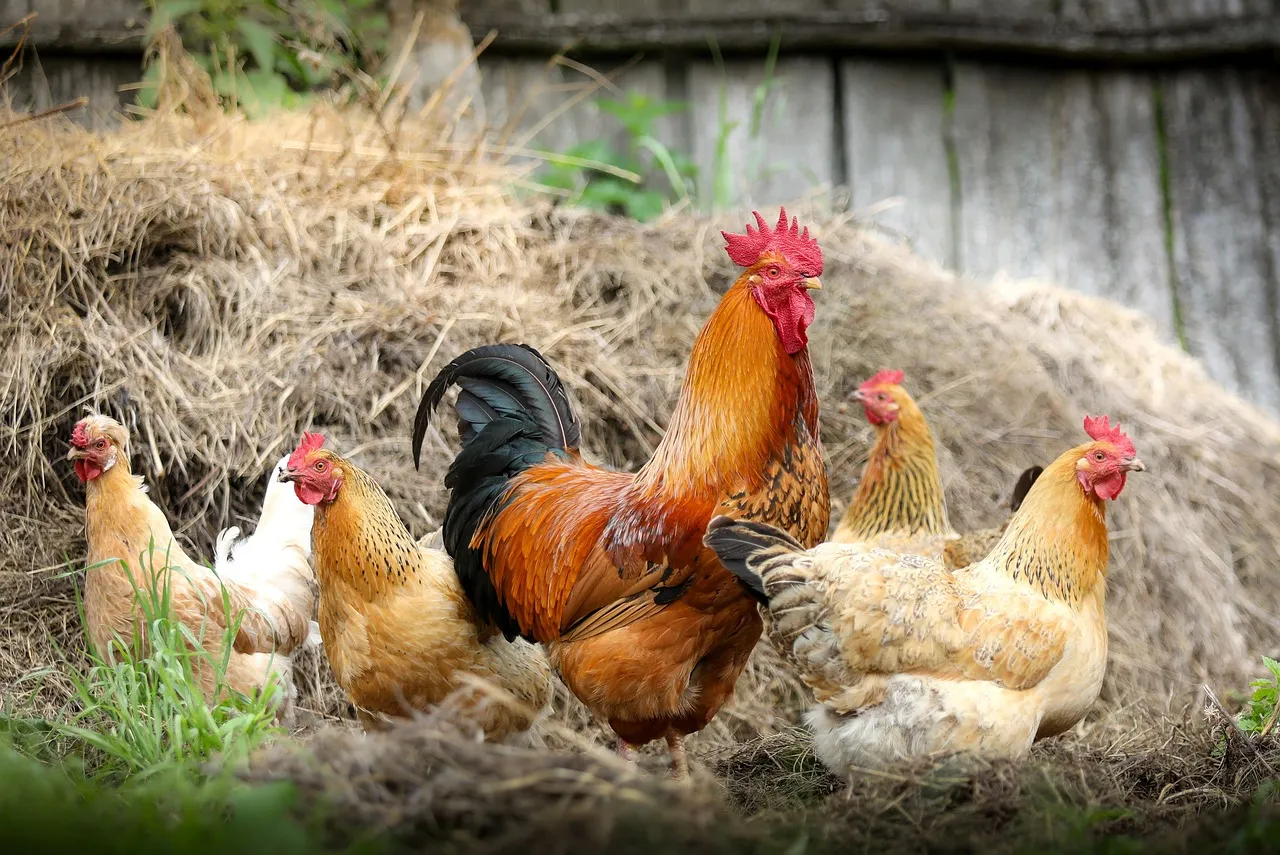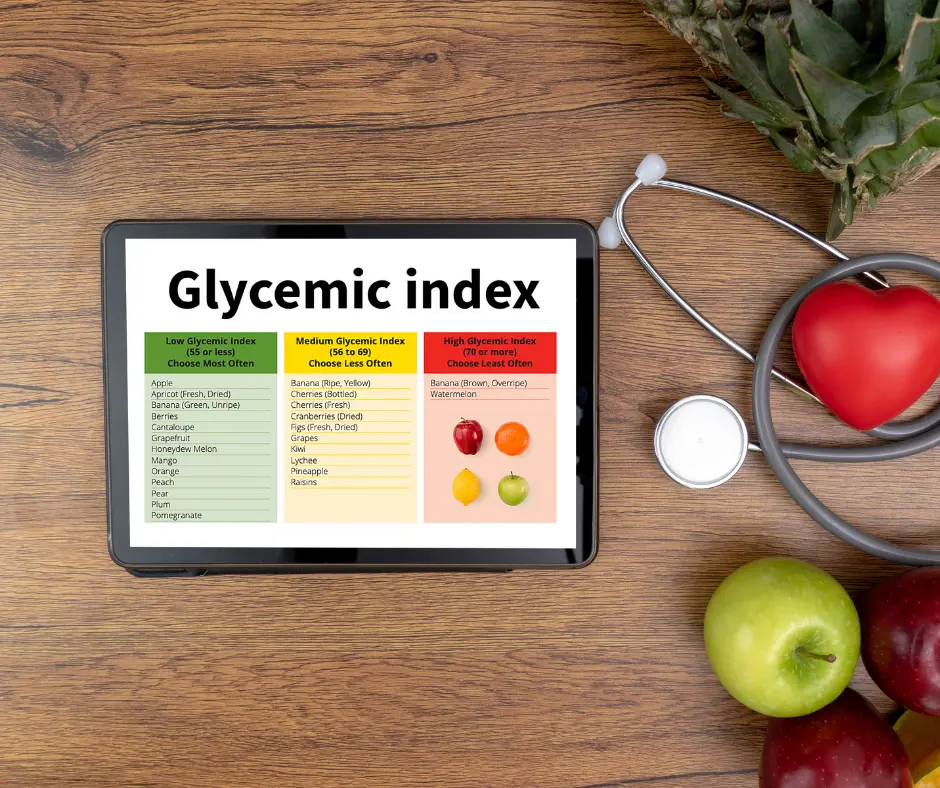Sunflower seeds contain modest or moderate amounts of calories, proteins, and healthy fats, yet they look pretty in your gardens. Kernels (seeds) of sunflowers are surrounded by edible pinstriped hulls that are black and white. There are sunflower seeds in both hulled and hullless varieties. The most common way to consume sunflower seeds is by removing their shells. Shells contain fiber and can be eaten, but they are very hard and will harm your digestive tract if not chewed properly.
Sunflower seeds have the following health benefits:
In addition to vitamins and minerals, seeds contain:-
?The anti-inflammatory power of Vitamin E (which can lower the risk of heart disease)
?Folate (needed for DNA synthesis, especially if you’re a woman of childbearing age. Folate can also prevent neural tube defects, improve your memory, and reduce your chances of developing cancer)
?Bone health depends on phosphorus,
?Selenium (protects cells from damage by acting as an antioxidant),
?Magnesium (helps to build bones),
?Copper (healthy heart and immune system),
?Vitamin B6 (This water-soluble vitamin helps your body make norepinephrine and serotonin, chemicals that transmit brain signals. It may also ease symptoms of PMS)
?Zinc (essential for metabolism and immunity)
?Fiber (Fiber reduces cholesterol, helps manage blood sugar levels, and promotes weight loss by keeping you fuller for longer).
As these contain a fair amount of calories (roughly 190- 200 calories per 1/4 cup of raw sunflower seeds), they can be included in a healthy diet only when eaten in moderation and instead of high-calorie unhealthy snacks.
Remember that many processed sunflower seeds may contain a lot of sodium, which may harm your kidneys and heart. This could lead to high blood pressure and water retention. You can keep sodium levels low by eating raw, unsalted sunflower seeds.

